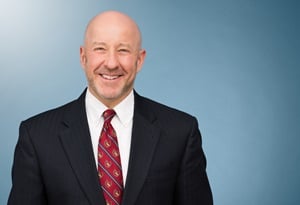Northern District of Illinois Excludes Engineering Expert’s Testimony and Grants Partial Summary Judgment, Fulfilling its Responsibility as Gatekeeper
Faegre Drinker on Products
For over two decades, dating back to Daubert and the ensuing amendments to Rule 702, federal district courts have been charged to act “as gatekeepers to exclude unreliable expert testimony.” Fed. R. Evid. 702 advisory committee’s note to 2000 amendments. However, some courts have not embraced that role, letting jurors weigh questions about an expert’s qualifications or methodology as though they go to credibility rather than admissibility. Indeed, the Advisory Committee on Evidence Rules proposed an amendment to Rule 702 to address the “pervasive problem” of courts holding that issues of admissibility are questions “of weight for the jury.” See, Sardis v. Overhead Door Corp., 10 F.4th 268, 282-84 (4th Cir. 2021). (quoting Advisory Comm. on Evidence Rules, Agenda for Committee Meeting (Apr. 30, 2021)).
A recent decision out of the Northern District of Illinois, however, provides an excellent example of a court discharging its duty to preclude inadmissible expert opinions. The Plaintiff in Pessman v. Trek Bicycle Corporation, 2021 WL 5769530 (N.D. Ill. Dec. 6, 2021) was injured in a bicycle accident. Plaintiff’s engineering expert opined that the cause of the accident was a crack in the carbon fiber frame of Plaintiff’s Trek bicycle attributable to a design defect. The engineer claimed that carbon fiber frames are prone to cracking and that the crack was mistaken for simple paint chipping by a dealer who had inspected the bicycle several days before the accident, allegedly due to Trek’s failure to train the dealer properly.
The material contained in this communication is informational, general in nature and does not constitute legal advice. The material contained in this communication should not be relied upon or used without consulting a lawyer to consider your specific circumstances. This communication was published on the date specified and may not include any changes in the topics, laws, rules or regulations covered. Receipt of this communication does not establish an attorney-client relationship. In some jurisdictions, this communication may be considered attorney advertising.



